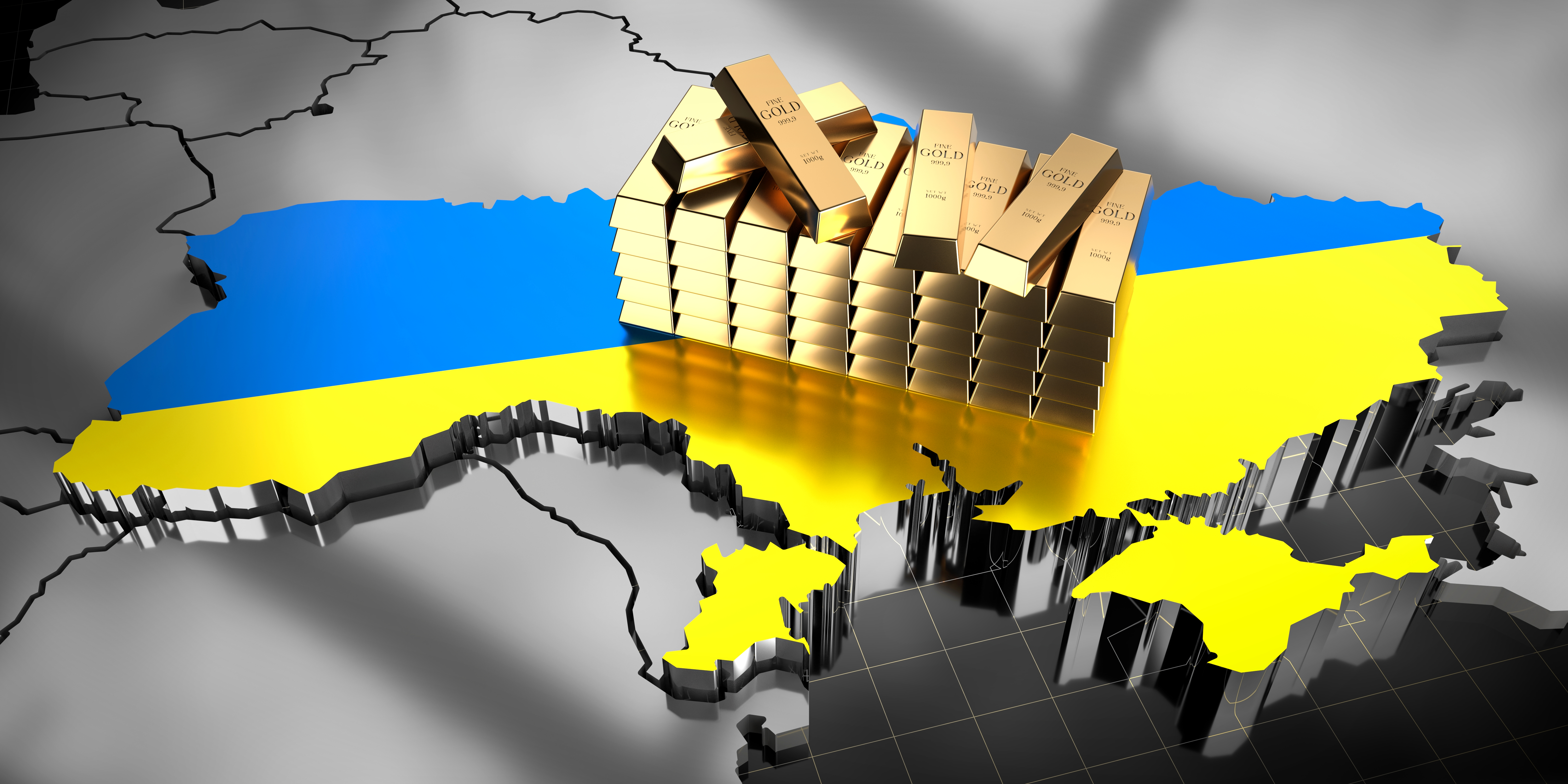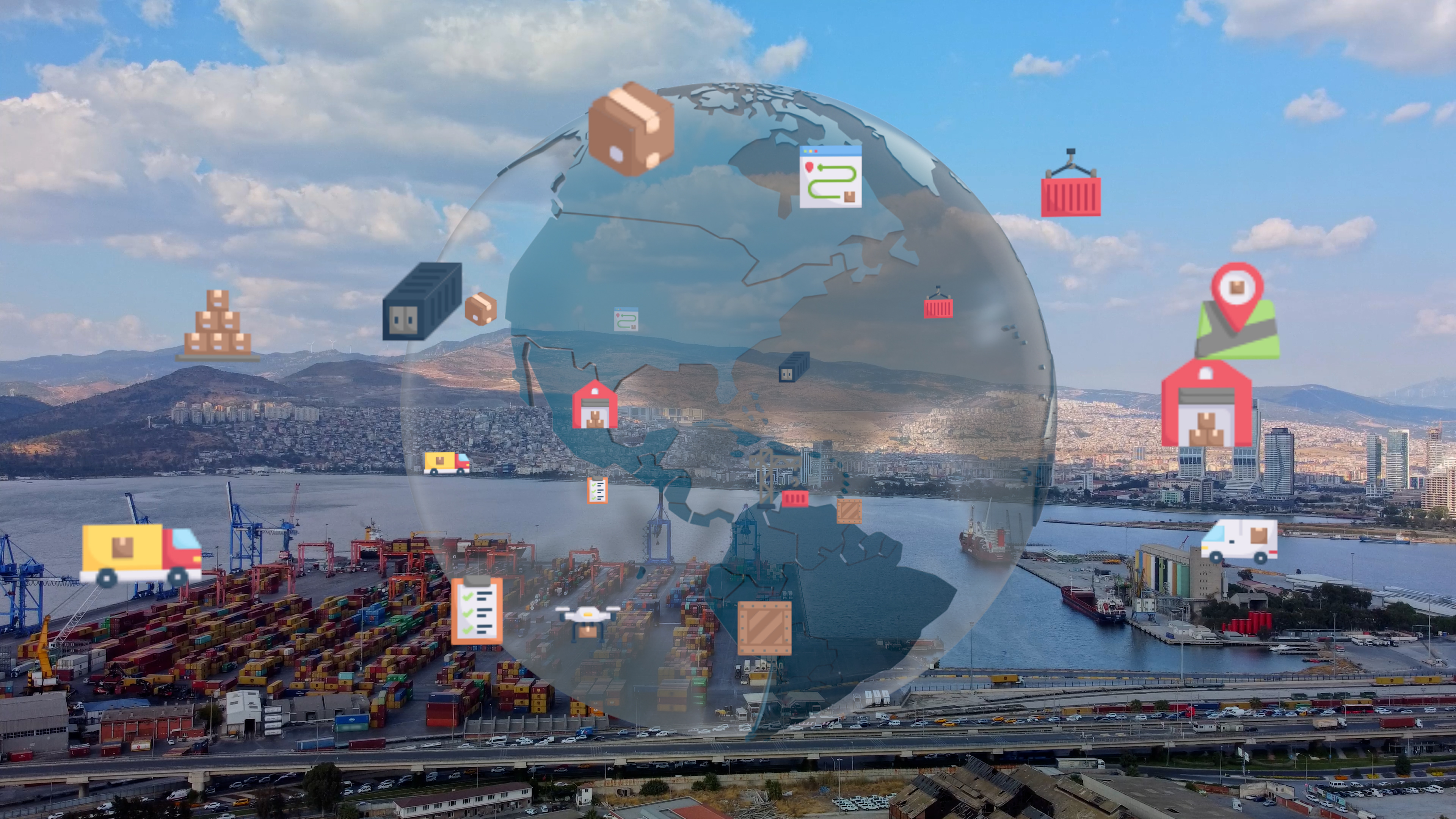Navigating the New Era of Geopolitics: What the Ukraine Conflict Means for Global Trade

The recent conflict between Ukraine and Russia has raised a new shift in international politics and economics. Progressing events point that knowing the outcomes for international trade is essential. This blog intends to analyze the different settings of the Ukraine conflict and their impacts on world trade – changing patterns of alliances, logistics, and economic strategy, among others while addressing the issue of trade in danger from political events joined into one conflict.
Central to the Ukrainian conflict is the desire to dominate south-east Europe as well as the willingness to dominate Ukraine itself. The West has in fact aligned together with Ukraine and Russia is on the other hand attempting to reach out to Ukraine whilst expanding its grip. This strain in two sectors or regions of interest has limited impacts on trade but rather shapes dynamics and factors within trade, that under proper circumstances can support trade growth.
Disruption of established trade routes is one of the primary consequences of the yearning conflict. Ukraine is one of the world’s largest producers of grain and as the fight intensified, transport supply chains were adversely affected. As a result, grain prices have gone up dramatically and panic buying databases have been activated in a race for alternative sources of food supply. Nations that depended on Ukrainian grains are now looking for other agricultural imports thus reshuffling the trade balance entirely.
In addition to that, the conflict has illustrated the fragility of international supply chains. Member nations of a particular region usually get affected by a single crisis because of globalization. For example, sanctions placed on Russia by western countries led to Russian exports being affected while also spreading to the global economy where shipping and logistics caused increased overall costs and delays. All businesses today are analyzing their supply chains including outsourcing and off-shoring and some are even looking for ways to integrate production within the same country.
The realist orientated states are now picking sides in the ongoing geopolitical conflict. Countries that managed to be neutral for the longest are now joining the western camp or the Russian camp, which is fracturing the trade network around the world. Such a realignment is well illustrated with the energy sector where European countries are now in a rush to cut their reliance on Russian gas. With that, renewables and other energy suppliers are getting more attention and investments. This change does not only affect the energy markets but opens up the possibilities of trade in green technologies and sustainable market practices.
Geopolitical rivals are also reassessing their trading strategies. The concept of vital national interests having weight in trade relations is rather new, since country’s industries and vital resources are to be cared of most. The world is protecting itself more and more, imposing tariffs and non-tariff barriers in order to mitigate governmental shocks. Such decisions may yield quick outcomes, but it often impedes growth in innovation and narrows the range of options for customers in the future.
This is why businesses have to be quick on their feet and flexible. Companies in the larger geographic scope are readapting their market orientation, practicing risk-taking, and penetrating new areas. The ability to adapt rapidly to new geopolitical environments will be one of the top characteristics for success in this new trade environment.
For small and medium enterprises (SMEs), the Ukraine conflict in all its dimensions is a problem and a potential opportunity. Yes, the short term displacement may seem very useful, but there is very great scope for SMEs to enter new spaces, and get creative about any gaps in the market. For example, businesses that provide substitutes to the modern supply chain or ways of tackling advanced the price could be in a good position.
To sum up, the Ukraine conflict has opened a chapter in world politics that is transforming the trade relations into a hitherto unprecedented format. Whereas nations are considering the consequences of this crisis, the corporations should remain alert and ready to make any business shifts. For the competitive advantages to be effective in this new area environment and business strategies, there will be a need to realign with new partners, reconstruct supply networks, and innovate approaches. Going forward, it should be noted that the Ukraine conflict has implications that will not be reversed and will shape patterns of trading and economizing for the foreseeable years.

